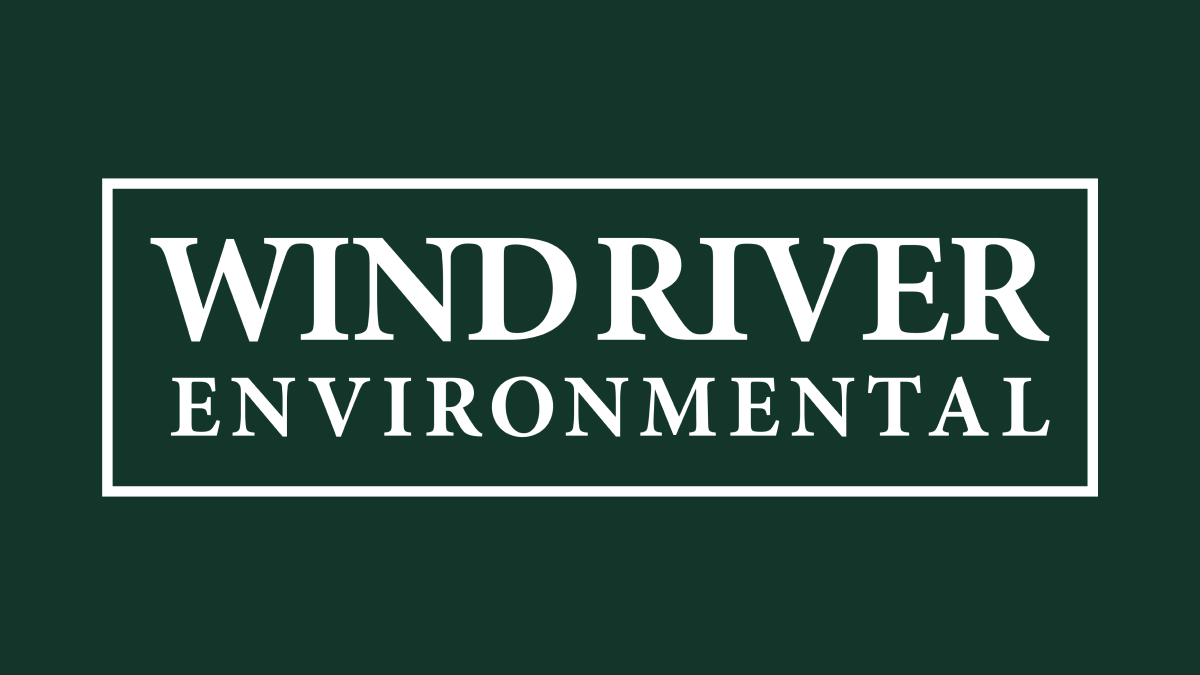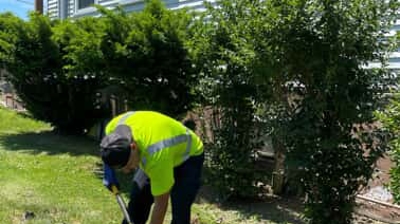There are few things more exasperating than seeing the water in your sink refuse to go down just after you used it, or coming across a clogged toilet. Stopped-up drains are one of the most recurring sewage and plumbing problems. Fortunately, they’re easy to prevent if you know how to avoid the most common causes of clogged drains. Keep an eye out for these five things as you wash stuff down your drains or flush your toilet:
1. Grease and Food
You probably scrape most of your food off your plates before you put them in the sink, but even the smallest pieces can build up over time. More dangerous, though, is the buildup of fats, oils, and grease from your cooking pots and pans. They stick to the sides of your pipes like a magnet, and all the other food bits get stuck to them until the water has nowhere to go.
Though it’s easier to just dump grease down the drain, get in the habit of putting grease and fat into a disposable container and throwing it in the trash instead. This little habit will save you so much hassle in the future.
2. Paper Products
Paper products are one of the most common causes of a clogged drain. Most people wouldn’t think to shove paper towels down their drains. But with toilets, this is a huge problem. Remember, your toilet is not a disposal system like the trash. Anything other than human waste and toilet paper should not go down your toilet drain! This includes feminine hygiene products, paper towels, and even so-called “flushable” wipes.
Even though it’s not a paper product, kitty litter is another item people commonly flush away. However, since it’s a sand-based product, this will easily clog your toilet. So even if the brand says it’s flushable, don’t do it!
3. Hair
Any long-haired person with a shower knows this is a constant struggle. Loose hairs get stuck to almost everything, especially sink traps and drain lines. You wouldn’t think that such thin strands could cause a problem with your plumbing, but these little guys build up fast and can leave a difficult clog behind.
When showering, do your best to stick hairs that come off on your hands, soap, or other shower tools to the side of the shower or tub. You can easily wipe them off with a paper towel when you’re done. Do your best to catch hairs before they go down the drain instead of letting the water pull them in. There’s a number of drain screens you can buy to prevent this as well. And if the hairs are already in the drain but you can see them, you can use long tweezers or any number of simple drain brushes to pull them out.
4. Soap Residue
Yes, believe it or not, even something that seems like it shouldn’t be problematic can be one of the worst causes of clogged drains! This is more of an issue with bar soap than liquid soap, though. Bits and pieces can break off and end up down the drain where they clog. Because of the nature of soap as something that resists water so it can lather up and still last a long time, soap residue is one of the hardest clogs to undo. If you prefer bar soap, keep any broken pieces in a soap saver bag. This will keep your drain clear and let you use every bit of your bar.
5. Hard Water
Finally, hard water is another one of the most common causes of a clogged drain. It’s full of mineral deposits like dissolved calcium, magnesium, and other metallic elements. These particles react to wet-dry conditions and temperature changes, starting in one spot of your plumbing and growing as they attract more minerals. Not everyone lives with hard water, but if you do, we recommend getting a water softener for your plumbing system.
How to Fix A Clogged Drain
Sometimes, despite the best prevention techniques, your drains or toilet can still get clogged up. When this happens, there are a couple methods you can try to fix the problem at-home. Start with a plunger. If that doesn’t work, put our safe drain-clearing formula to the test. Combine ½ cup of baking soda and ½ cup of white vinegar in your drain (one at a time, as they will cause a bubbly reaction!). Wait a few minutes for it to sink in, then rinse the drain with a good amount of hot water to relieve the clog.
If you are on a septic system, avoid using the harsh chemicals of commercially available drain cleaners. They will severely reduce the good bacteria in your septic system needed to break down solids.
Get Professional Drain Cleaning Services From Wind River Environmental
If the clog is too tough to remove, get in touch with us at Wind River Environmental. Our professionals have the tools and experience to tackle any drain cleaning—even the most difficult clog. We use augers, power jetting equipment, cameras, and more to inspect your system and find the best way possible to fix your plumbing problem. We look forward to keeping your life flowing, so call us if you need any assistance.






